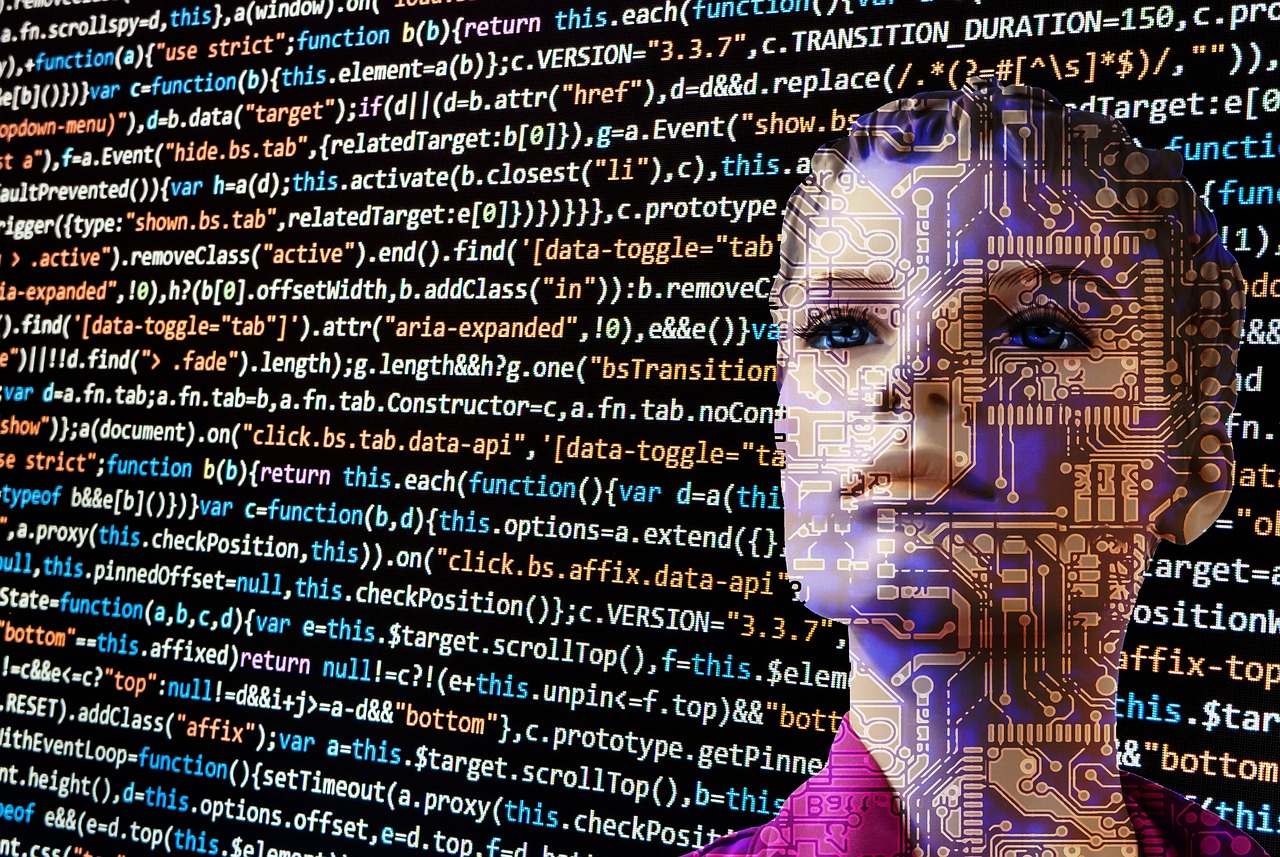
What is AI for
6 de fevereiro de 2024The Impact of Artificial Intelligence in Modern Society
Artificial Intelligence (AI) has emerged as one of the most influential and transformative technologies of our time. Its ability to automate tasks, analyze large volumes of data, and derive insights from that information is fundamentally reshaping our interaction with the world around us. With a myriad of applications across a wide range of sectors, AI is shaping the present and future of many aspects of modern society.
- Automation of Repetitive Tasks: One of the key advantages of AI lies in its capacity to automate routine and repetitive tasks. This frees up humans to focus on more creative and strategic activities. In industrial environments, AI is used to operate robots on assembly lines, while in office settings, it can be employed to perform administrative tasks such as data processing and scheduling meetings.
- Advanced Data Analysis: AI is particularly effective in analyzing large datasets quickly and efficiently. Through advanced algorithms, it can identify patterns, trends, and insights that can be used to make informed decisions. In fields such as finance, healthcare, and marketing, AI is applied to analyze market data, diagnose diseases, and predict consumer behaviors, respectively.
- Customization of Experiences: With AI, companies can personalize their interactions with customers in unprecedented ways. By analyzing data, it’s possible to understand individual customer preferences and tailor products, services, and purchasing experiences to meet their specific needs. This results in a more personalized and satisfying experience for the consumer.
- Decision-Making Assistance: AI can provide valuable insights that aid in complex decision-making. In sectors like medicine and finance, AI can analyze medical or financial data to assist professionals in making more precise and informed decisions. For example, AI systems can assist doctors in diagnosing diseases or help traders predict market trends.
- Enhancement of Operational Efficiency: By automating processes and providing actionable insights, AI can significantly increase operational efficiency within an organization. This can result in time, resource, and cost savings. In business environments, AI is used to optimize supply chains, manage inventories, and predict future demands.
- Advancements in Medicine and Healthcare: In the healthcare sector, AI is revolutionizing the way diseases are diagnosed, treated, and managed. AI algorithms can analyze medical images, such as X-rays and MRIs, to identify anomalies more accurately than humans. Additionally, AI is being used to personalize treatments based on each patient’s individual genetic profile.
- Improvement of Security and Defense: AI plays a crucial role in enhancing security and defense worldwide. It is used to analyze large volumes of intelligence data and identify patterns that may indicate suspicious activities or potential threats. Additionally, AI is employed in cybersecurity systems to detect and respond to attacks in real-time.
- Space Exploration and Science: In space exploration and science, AI is driving significant discoveries and advancements. In space missions, AI is used to operate robots and analyze large volumes of data collected by probes and telescopes. In scientific research, AI is being applied in areas such as computational chemistry, molecular biology, and particle physics to accelerate the pace of discoveries.
- Transformation of Education: In education, AI is transforming the way students learn and teachers teach. Through adaptive learning platforms, AI can customize educational content to meet the individual needs of each student. Additionally, AI is used to develop virtual tutoring systems and automated assessment tools.
- Social and Ethical Impact: While AI brings many benefits, it also raises important social and ethical questions. Issues related to privacy, algorithmic bias, digital inequality, and job automation are just some of the concerns that need to be addressed as AI continues to expand and evolve.
In summary, Artificial Intelligence is playing an increasingly significant role in virtually every aspect of modern society. Whether it’s automating tasks, analyzing data, personalizing experiences, or assisting in decision-making, AI is transforming how we live, work, and interact. However, it is essential to address the social, ethical, and regulatory challenges that arise with its widespread use to ensure that it is applied responsibly and beneficially for all.


